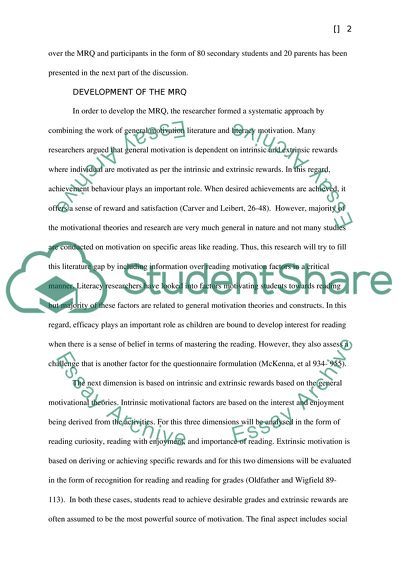Cite this document
(The Socio-Linguistic Approach in Reading Motivating in L1 And L2 Research Paper, n.d.)
The Socio-Linguistic Approach in Reading Motivating in L1 And L2 Research Paper. https://studentshare.org/humanitarian/1809652-applied-linguistics
The Socio-Linguistic Approach in Reading Motivating in L1 And L2 Research Paper. https://studentshare.org/humanitarian/1809652-applied-linguistics
(The Socio-Linguistic Approach in Reading Motivating in L1 And L2 Research Paper)
The Socio-Linguistic Approach in Reading Motivating in L1 And L2 Research Paper. https://studentshare.org/humanitarian/1809652-applied-linguistics.
The Socio-Linguistic Approach in Reading Motivating in L1 And L2 Research Paper. https://studentshare.org/humanitarian/1809652-applied-linguistics.
“The Socio-Linguistic Approach in Reading Motivating in L1 And L2 Research Paper”. https://studentshare.org/humanitarian/1809652-applied-linguistics.


